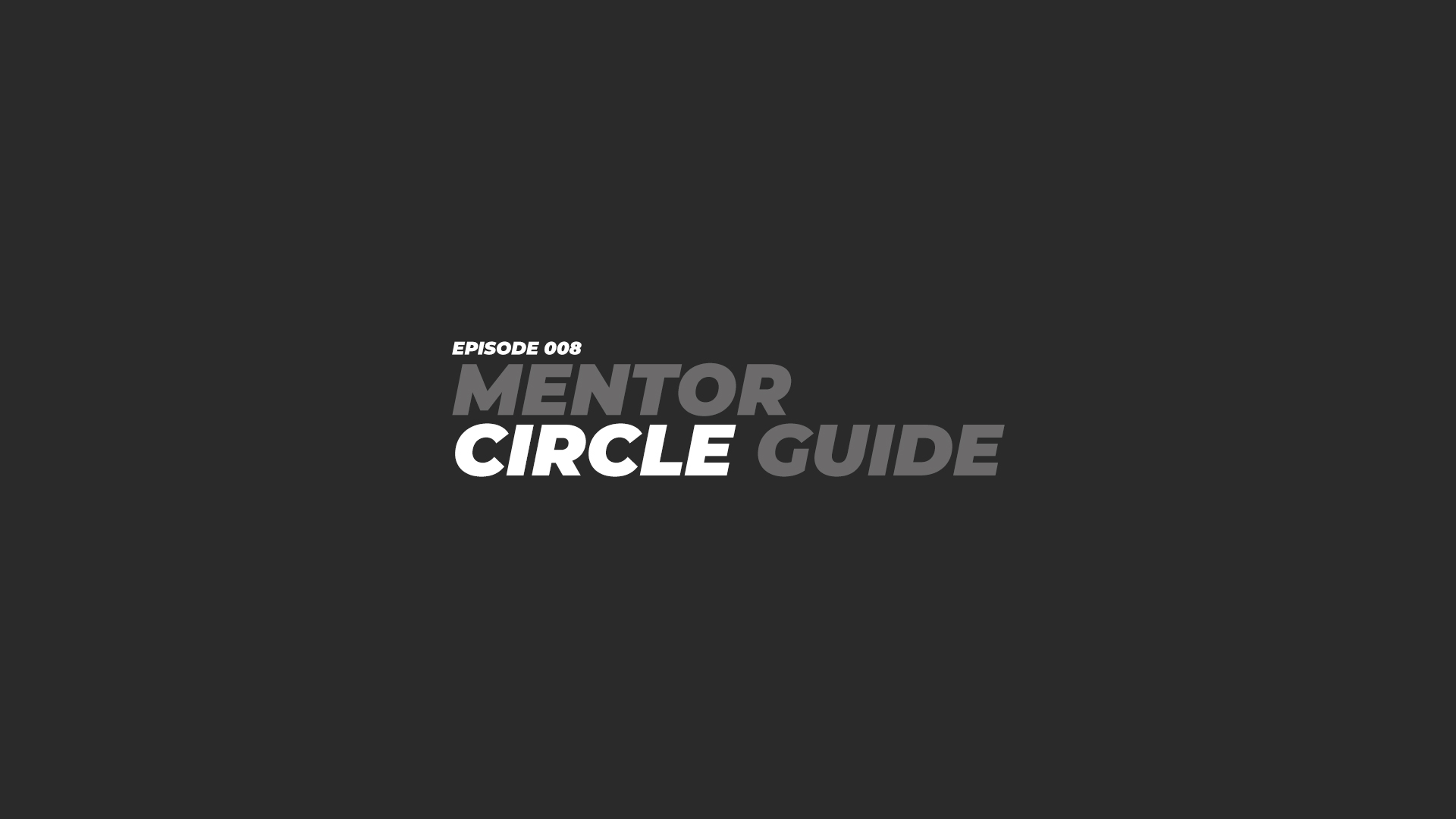
“The Great Wall of China is a gigantic structure which cost an immense amount of money and labor. When it was finished, it appeared impregnable. But the enemy breached it. Not by breaking it down or going around it. They did it by bribing the gatekeepers.”
Harry Emerson Fosdick
Considering the size and effort put into its construction over 2,000 years ago, the failure of the Great Wall of China is rather spectacular. It worked as a manifestation of power that put fear into the hearts of barbarian riders but it didn’t keep any invaders from the north out.
Rumored to have been built using the dead, the construction took hundreds of years and some people still mistakenly believe it’s visible from the Moon. However, as a defensive measure against invading forces, it has been about as useful to China as a Bible on a battlefield. It can give you comfort, but it just won’t stop the enemy.
Civilized people and barbarians
According to some historical accounts, tribes in the north of China were militarily ahead but culturally behind, thus looting China whenever possible to steal the riches of their southern neighbors. This is one speculation as to why the Chinese opted to build the Great Wall.
Another argument is that the Great Wall was nothing more than an ambitious project contrived by a vainglorious emperor. The Great Wall was supposed to show the world China’s superiority, making a clear distinction between civilized people and barbarians.
This made it a physical and psychological boundary, and although it is considered to be unique in the world, similar examples can also be found in Europe. For instance, Hadrian’s Wall in northern England served the same purpose – to divide the civilized Roman world from barbarians in Scotland.
So, the wall was supposed to offer protection against barbarians from the north, and during the times of the first emperor especially against the powerful Xiongnu state. In latter stages, it also served as protection from the Mongols and the Manchus.
The Great Wall’s daunting appearance should have been enough to make possible invaders think twice about their intentions. Aside from this, there were also archers positioned all along the wall, making it more of a threat. Unfortunately, invaders often decided to simply ride around the wall.
There were also large garrisons manning the wall’s larger gates, with the purpose of keeping invaders from breaking in. But again, unfortunately, during the most crucial stages of Chinese history traitors willingly opened the gates for the enemy.
The Great Wall served well in the times of the first emperor, as all invaders were effectively kept out of the country. However, one might argue that it was more due to Qin Shi Huang’s great armies and their achievements on the battlefield, rather than the effectiveness of the wall.
After several dynasties that found broken down parts of the Wall through which to enter China, Mongols overthrew the Jin Dynasty, took control of northern China and soon wiped out all other Chinese dynasties as well. By the year 1271, the Mongol Kublai Khan declared the creation of the Yuan Dynasty, which ruled with a heavy hand over the Chinese until 1368.
The Great Wall was briefly revived during the Chinese Ming Dynasty, which drove out the Mongols and started thorough rebuilding of the wall so that they could never re-enter Chinese territory. The Great Wall we know today is mostly the creation of the Ming Dynasty era. It was a large-scale rebuilding project, and all too pointless.
The Mongols never came back, but in truth they hardly even tried. By 1644, the Ming Dynasty was about to collapse, and at the gates of the Great Wall was a new powerful enemy – the Manchus.
We will never know if this would have been the great moment for the wall to write itself into history, as the battle for China never took place. General Wu Sangui, who was in charge of protecting the country, decided to switch sides and opened the gates of the Great Wall to the invaders in the Shanhai Pass.

Whether hosting the weekly Ethics and Religious Liberties Comission’s Capitol Conversations podcast, developing communications strategies, directing the ERLC’s DC internship program or connecting journalists with the ERLC’s policy work, Jeff Pickering is doing the unthinkable: balancing integrity and political policy in the cauldron of ideologies and ideas known as Washington DC. Jeff is young, enthusiastic, and idealistic in the greatest sense of the word.
You will always wind up at the truth, so you might as well start there.
There are many examples of temporary winners who won by cheating. For a number of years, Enron was cited as one of America’s most innovating and daring companies.
The CEO of the company knew the most important people in the country, including the President of the United States. Except that Enron’s success was built on lies, and the “winners” who headed the company are case studies in lack of integrity.
Integrity means doing the right thing because it’s the right thing to do.
Leaders with integrity may not be the most famous or flashy of leaders, and they don’t care. Integrity means doing the right thing because it is the right thing to do. And that’s what makes success. Leaders keep their promises. They give promises carefully, even reluctantly, but once they have given that promise, they follow through on that promise without fail. And they always tell the truth. Jack Welch calls it “candor.” He believes that if you are afraid of candor, then you don’t have the guts to be an effective leader. You are going to surround yourself with yes people who will say what you want to hear instead of saying the truth.
Wrestle with these questions…
- Can you describe an example of when you paid a price to maintain integrity?
- Do you do what you say you are going to do?
- Do you keep secrets from your parents? Are you secretive in general?
- If a waitress does not claim tips on their tax return is that ethical? If a large corporation avoided the tax in the same way is that ethical? Is working a cash job to avoid taxes or to garner some type of government payment ethical?
- Do you speed?
- If you were overpaid on your pay check would you speak up?
- Have you ever stayed home sick from school when you weren’t?
- Have you ever been in a situation at school where your honesty was tested?
- Have you ever been in a situation where you had to make something sound better than it was?
- Have you ever been honest to a friend and lost the friendship because of it?
We are trying hard to do what both the Lord and people think is right.
2 Corinthians 8:21 NIRV

We asked you to read the story of Andy Roddick at the 2005 Rome Masters who, leading 7-6, 5-3, 0-40 with his opponent serving for triple match point, refused to accept a point called in his favor because Roddick checked the mark clarifying that the serve was good. Since the umpire called the serve out, his opponent had double-faulted, meaning Roddick won the match. However, Roddick argued that his opponent’s serve had nicked the line. Stunned, the umpire let Roddick overrule him. And Roddick’s opponent went on to save match point, win the second and third sets to defeat Andy Roddick.
Andy Roddick exercised great integrity, even at personal cost. Integrity is not difficult until it costs you something. That is when great Integrity takes over. That is when a leader steps up and does the right thing — even at personal cost.
But what you gain is influence.
Here is the big question we want to wrestle with:
What price are you willing to pay for your integrity?

We asked you to watch the award-winning film Hidden Figures.
Dorothy Vaughan, Mary Jackson, and Katherine Gobels Johnson crossed all gender, race, and professional lines while their brilliance and desire to dream big, beyond anything ever accomplished before by the human race, firmly cemented them in U.S. history as true American heroes.
Let’s discuss this questions regarding the movie Hidden Figures:
INFLUNSR defines integrity as choosing to be defined by what is true.
In Hidden Figures, when Katherine Johnson entered the Task Group, she was the only non-secretarial female as well as the only black person in the room. In the face of that tension, Katherine Johnson was skilled as a mathematician, someone whose livelihood was defined by what is true (correct mathematical equations). Being the only non-secretarial female, the only black person in the room, with the responsibility of truth as her job, is the epitome of living a life of integrity.
When has God walked you through a similar daunting situation?

We asked you to read the article In Alabama, Opposition to Abortion Runs Deep.
Let’s wrestle with the following questions regarding being defined by what is true and the abortion issue:
The Alabama Senate approved a measure on Tuesday, May 14 that would outlaw almost all abortions in the state, setting up a direct challenge to Roe v. Wade, the case that recognized a woman’s constitutional right to end a pregnancy. Alabama’s ruling has sent shockwaves across America and the world, including the faith community.
Can someone be pro-life and pro-choice? Can someone be pro-life and pro-death penalty?
Can someone be pro-choice yet want fewer abortions in America?
Does a conflict of interest exist with whom voted this measure into law (research on exactly who voted this measure into law in Alabama)? As a Jesus follower, how does your faith intersect with this tension?
As it relates to fewer abortions: are the extreme laws being passed a good or efficient way to accomplish that goal?
Do you believe the following ideas would help the abortion issue? Why or why not?
… Increased access to contraception for low-income women
… More funding for mothers who wish to bring their children to term but can’t afford to
… Higher tax credits for adoption
… Mandatory maternity and paternity leave for mothers and fathers
Why do you think many pro-life proponents do not talk about critical issues like those listed above?
Will unreasonable laws drive wealthy women out of a state to have these procedures elsewhere and force poor women to seek dangerous, illegal abortions in the shadows?
Read 1 John 3:18 (NLT): Dear children, let’s not merely say that we love each other; let us show the truth by our actions.
How can you best show truth by your actions within the complex abortion issue?

Disclaimer:
INFLUNSR’s mission is to fuel the next generation of leaders worth following and to help students learn how to think, not what to think. Any articles posted and questions asked are intended for that sole purpose.



